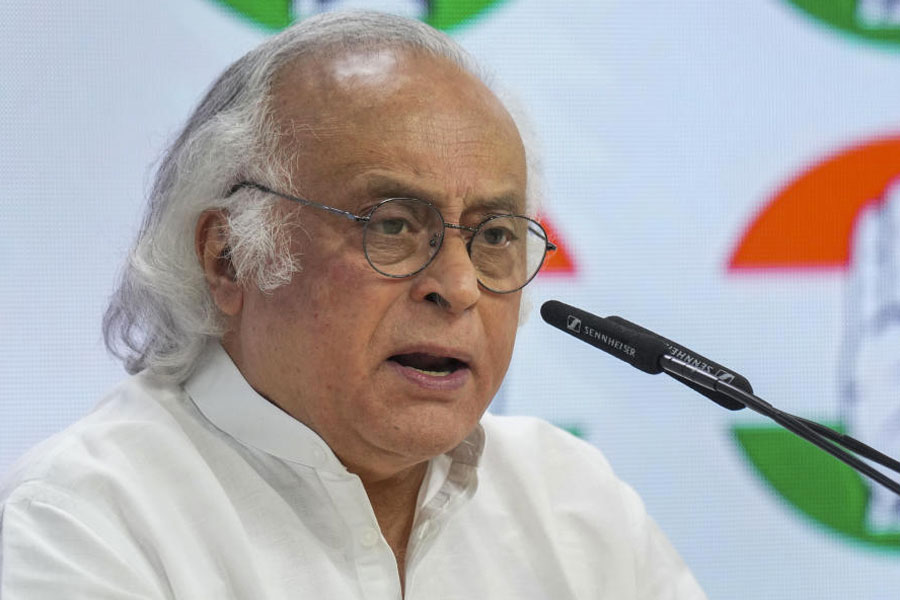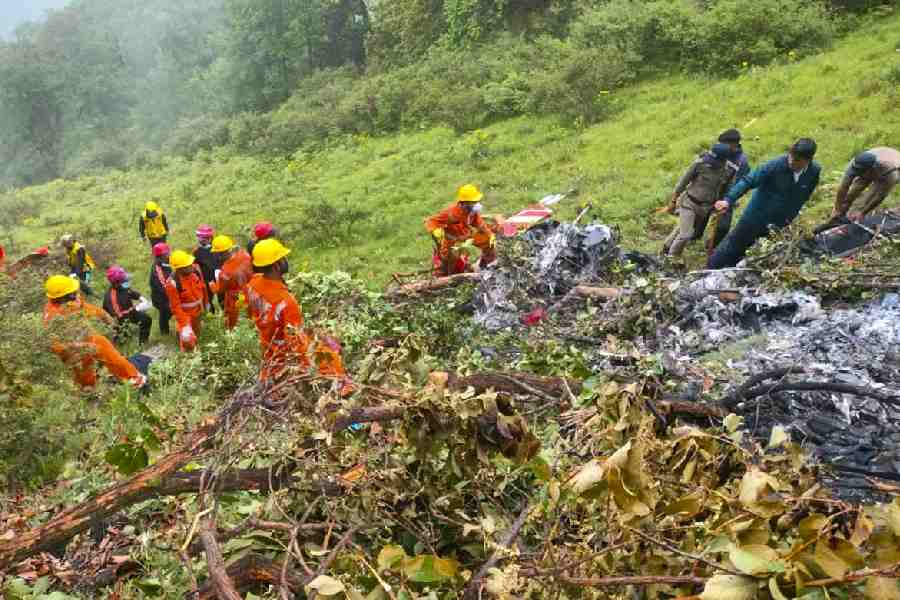|
|
Gurvinder Bishnoi heard a soft click. Then the phone went dead. He realized that the Delhi-based journalist he had been speaking to had hung up. The year was 1998, and Gurvinder had been telling the scribe that an FIR had been lodged against Salman Khan for hunting a chinkara, an animal revered by the Bishnois. There was strong evidence against the actor, and chances were that he might be jailed for the crime. The script, Gurvinder thought, was perfect for a big story. He hoped that the media would use this incident to raise awareness about conservation.
But Gurvinder had not bargained for what lay in store. The scribe turned down his request, politely but firmly. This was no story, he was told; in India, the rich and the famous get away with their crimes. So would Salman, the scribe said. The journalists from the electronic media disappointed him even more. One national channel inquired whether Jodhpur had proper hotels to put up its reporting team. Otherwise, the newshounds would be terribly inconvenienced. Another channel told Gurvinder that sending an OB van from Delhi to Jodhpur to cover “the death of a deer” was an expensive proposition.
Gurvinder did not give up though. He, along with some of his friends, approached the local press and furnished evidence. A leading daily broke the story and Gurvinder knew that the silence had been lifted.
Nine years later, Gurvinder sits in an eerily silent studio in Jodhpur’s Akashvani Bhavan. He works as a radio announcer and also runs an NGO, which works towards the protection of wildlife. He smiles a lot while talking, and, like most other men in his community, prefers white clothes.
He says that the media is not entirely to blame for the initial indifference. The fault, he says, lies partly with the Bishnois as well.
The Bishnois have never been numerically significant in Rajasthan. Even today, they dominate four of the eight constituencies only in Jodhpur. The state assembly has just a handful of Bishnoi MLAs. Being a small community, the Bishnois have not been able to act as a significant pressure group and present their case on a larger platform. Moreover, environmental protection has never really been a priority at the level of state policy. This apathy, according to Gurvinder, pervades most institutions, including the media.
Gurvinder is also thankful to Salman Khan. The actor’s stardom, he says, has helped draw attention to the pioneering work done by the Bishnois in the field of environmental conservation. He is not entirely happy with the media’s portrayal of the actor though. The papers, he says in a shocked tone, were full of stories about what the actor ate, or how well he slept, and whether or not he was visited by his girlfriend. His discomfort lies in the media sympathizing with a criminal. Such outpourings can be counterproductive, he says, burying the real issue under a whole lot of trivia.
The next hearing in the Salman Khan case is a month away. But Gurvinder is still thinking of the day of Salman’s sentencing by a Jodhpur district court. Twenty OB vans had thronged the court premises, while impatient journalists hounded him for a byte. But behind the flashbulbs and the noise, he knew that there was a story that remained untold. This interview, he hoped, would reveal that hidden tale.












